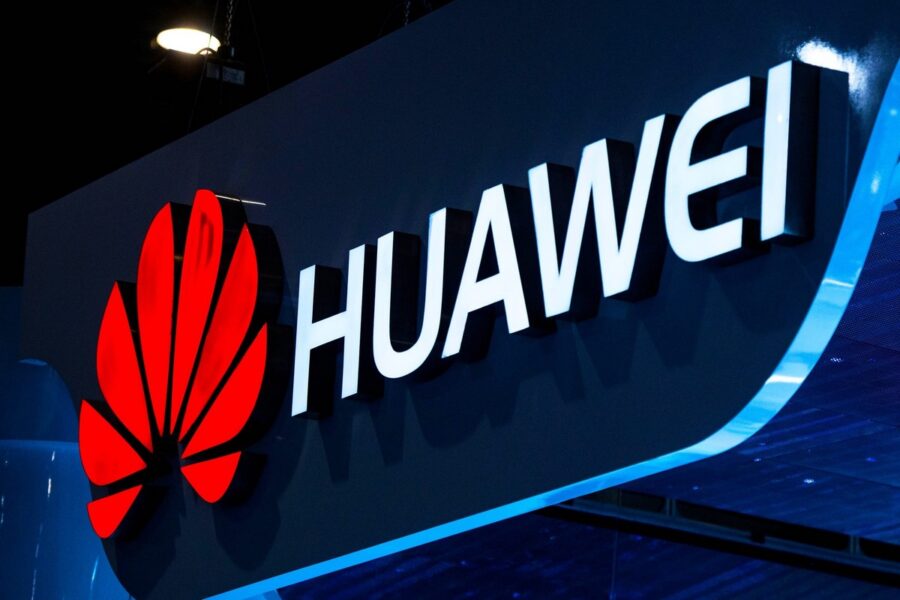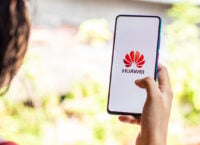The Biden administration stopped issuing licenses to American companies to export most goods to the Chinese company Huawei.
Huawei has faced U.S. export restrictions on 5G goods and other technology for several years, but U.S. Department of Commerce officials have granted licenses to some U.S. firms to sell certain of the company’s goods and technologies.
Chinese Foreign Ministry spokesperson Mao Ning said China opposes the United States’ abuse of the overly broad concept of national security to unreasonably suppress Chinese firms.
“This move goes against the principles of the market economy and rules of international trade and finance, hurts the confidence the international community has in the U.S business environment, and is blatant technological hegemony,” Mao said.
US officials are reportedly developing a new official policy to deny Huawei products that will include products below the 5G level, including 4G, Wi-Fi 6 and 7, artificial intelligence, and high-performance computing and cloud technologies.
The move is expected to reflect the Biden administration’s tightening policy on Huawei over the past year. Licenses for 4G chips that cannot be used for 5G have been refused. At the end of the Trump administration and the beginning of the Biden administration, officials were still issuing licenses for 4G-specific products.
In 2019, U.S. officials placed Huawei on a trade blacklist, restricting most U.S. suppliers from selling the company’s goods and technology unless they obtained a license. Officials continued to tighten controls to prevent Huawei from buying or developing the semiconductor chips used in most of its products.
But US officials granted licenses that allowed Huawei to obtain some products. For example, Huawei suppliers received licenses worth $61 billion to sell components from April to November 2021.
In December 2022, Huawei said its total revenue was about $91.53 billion, only slightly less than in 2021, when US sanctions caused sales to drop by nearly a third.





Loading comments …